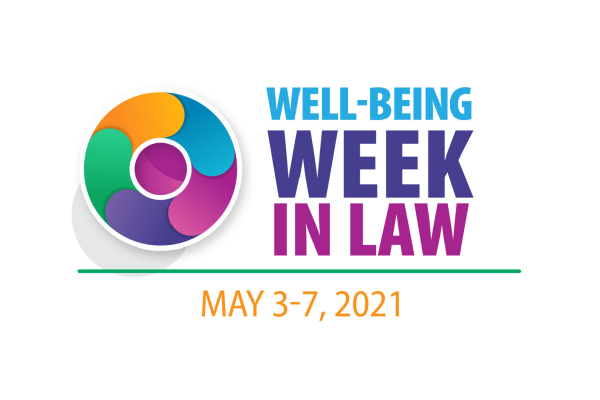In such uncertain times, business analysts offer career planning insight that can help lawyers, law students, and others in the legal profession.
Specializing and Generalizing
Popular advice to narrow your legal expertise for greater success may not prove as helpful in the future as it has in the past. We’ve written about How Lawyers Can Succeed by Developing Careers as Specialists just in 2019. But according to Harvard lecturer Vikram Mansharamani writing for CNBC, “the future may be very different,” which continues:
Breadth of perspective and the ability to connect the proverbial dots (the domain of generalists) is likely to be as important as depth of expertise and the ability to generate dots (the domain of specialists).
The rapid advancement of technology, combined with increased uncertainty, is making the most important career logic of the past counterproductive going forward. The world, to put it bluntly, has changed, but our philosophy around skills development has not.
Today’s dynamic complexity demands an ability to thrive in ambiguous and poorly defined situations, a context that generates anxiety for most…
As we develop our careers, our individual goals are more important than broad advice. It’s easy to recognize the value of having both general and specialized knowledge could apply whether you’re operating your own practice or looking to develop your career, but having clear objectives helps you identify and prioritize specific skills and knowledge. If you’re unclear on your career goals, our Career Development for Lawyers Workbook Series can help.
The advice to specialize and the advice to generalize are not mutually exclusive. Despite how the CNBC article is introduced, the author acknowledges the value of deep expertise, noting it’s important to be “agile and flexible”. We can have multiple areas of deep knowledge at the same time as a fairly wide breadth of general knowledge. Certain practice areas and career positions involve other fields in both obvious and subtle ways, involving anything from networking and marketing skills, to soft skills, tech skills, trauma-informed skills, to much more substantive knowledge sets relevant to practice areas. Mansharamani offers the following advice to become a generalist:
How does one do this? To begin, it’s important to zoom out and pay more attention to the context in which you’re making decisions.
Read the whole paper, not just the section about your industry. Is your primary focus oil and gas? Study the dynamics affecting the retail sector. Are you a finance professional? Why not read a book on marketing? Think bigger and wider than you’ve traditionally done.
Another strategy is to think about how seemingly unrelated developments may impact each other, something that systems thinkers do naturally. Study the interconnections across industries and imagine how changes in one domain can disrupt operations in another one.
Because generalists have a set of tools to draw from, they are able to dynamically adjust their course of action as a situation evolves.
Key Soft Skills: Free Courses
Five soft skills “that are crucial for staying relevant and equipped for a rapidly changing workforce” — along with free online courses to help develop them — are summarized in a recent CNBC article by “futurist” Scott Steinberg. The first skill he identifies involves the work he does:
- Futuristic Thinking: Staying informed about change and thinking about how trends might impact your industry and professional development. Free course: Ready, Set, Future! Introduction to Futures Thinking.
- Courageous Leadership: Developing leadership skills is important for all personal and professional relationships, not just for traditional management roles. (We have more on courageous leadership in a recent blog post here.) Free course: What Great Leaders Do.
- Emotional Intelligence: Also important for leadership (and discussed in that context in the same recent leadership post mentioned above), emotional intelligence is a top skill for employability, helps us build better relationships and helps us make better decisions. Free course: Develop Your Emotional Intelligence.
- Interpersonal Communication: Effective communication, also key to leadership and emotional intelligence, takes many forms with many intentions. Active listening is always key, and the importance of confronting difficult conversations has become more clear in recent times. Find more on communication here. Free course: Improving Communication Skills.
- Cognitive Flexibility: Creativity and adaptability involve skills that enable us to embrace change. Find more here on changing when change is difficult. Free course: Introduction to Cognitive Psychology: An Experimental Science.
Related Resources:
The Future of Law Post-Pandemic: A Roller Coaster Evolution [Guest Post] (Mass LOMAP Blog)
A Hard Case for Soft Skills (ABA Law Practice Today, 2021)
Free & Confidential Consultations:
Lawyers, law students, and judges in Massachusetts can discuss concerns with a licensed therapist, law practice advisor, or both. Find more on scheduling here.




